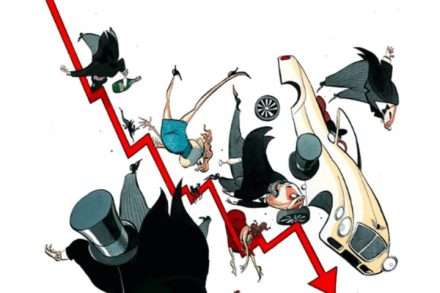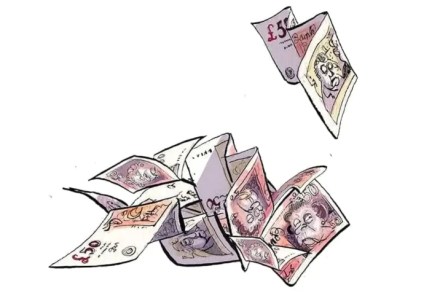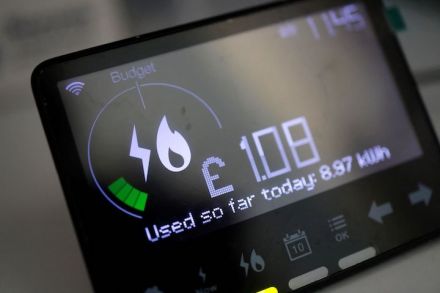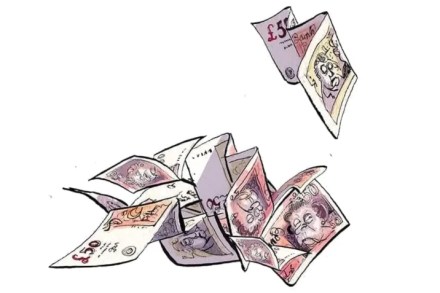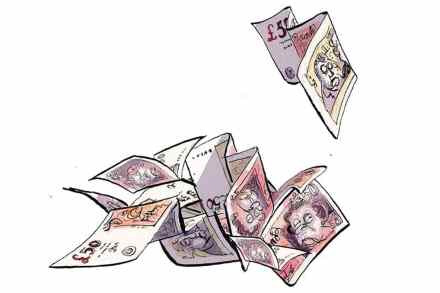What does the IMF want from the UK economy?
Just what is a UK government supposed to do to keep the IMF happy? This morning it has issued a bulletin predicting that the UK will be the only major economy to shrink in 2023 – by 0.6 per cent – and blaming it on ‘tighter fiscal and monetary policies’. This represents an even-bleaker outlook than the IMF foresaw in October, when it pencilled in growth of just 0.3 per cent. Yet this is the same IMF which last September condemned Kwasi Kwarteng’s mini-Budget for slashing taxes, saying 'given elevated inflation pressure in many countries, including the UK, we do not recommend large and untargeted fiscal packages at this juncture, as
